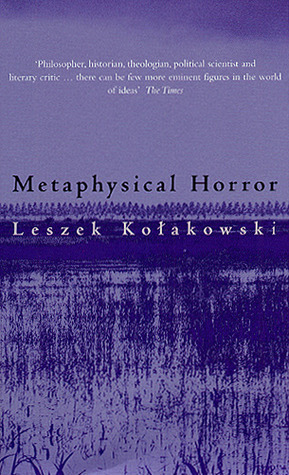
Deathbound Subjectivity
Book Description
Life teeters on the edge of the abyss, where existence wrestles with the shadows of mortality. In "Deathbound Subjectivity," Alphonso Lingis delves into the profound interplay of love, loss, and the visceral essence of being alive. Through a tapestry of raw emotions and haunting reflections, he invites readers to confront the complexities of identity entwined with the inevitability of death. This exploration is both intimate and universal, igniting a relentless quest for meaning in a world that often feels chaotic. As the veil of life lifts, what truths emerge when the inevitable becomes personal?
Quick Book Summary
"Deathbound Subjectivity" by Alphonso Lingis is a philosophical meditation on existence, mortality, and the formation of identity. Lingis invites readers to confront the reality of mortality, emphasizing how our awareness of death shapes not only our sense of self but also our relationships with others, love, and the world at large. Through evocative and sometimes raw reflections, the book explores how the imminence of death intensifies the experience of being alive, propelling individuals to seek meaning amidst loss and chaos. Lingis combines existential inquiry with sensuous descriptions of being, ultimately highlighting the profound interconnectedness between life, loss, and the search for significance. This work challenges readers to reexamine subjectivity in light of the universal certainty of death, making it both a deeply personal and collectively resonant exploration.
Summary of Key Ideas
Table of Contents
Confronting Mortality and the Fear of Death
Lingis opens by grappling with the omnipresence of death, arguing that our awareness of mortality is not merely an abstract fact but a force that shapes how we approach life from its outset. He challenges the tendency to repress the reality of death, suggesting that only by acknowledging this ever-present abyss can individuals truly live and relate authentically to their own existence. Lingis posits that the shadow of death is not only universal but also intensely personal, coloring all experiences with a sense of urgency and significance.
The Formation of Self in the Face of Loss
The process of forming identity, Lingis asserts, is inherently bound to experiences of love and loss. When confronted with the mortality of others—be it through grieving, separation, or fear of abandonment—our own subjectivity is thrown into sharp relief. By exploring these connections, Lingis demonstrates that our sense of self is fundamentally relational and that intimacy is always haunted by the prospect of dissolution, which can engender both profound meaning and existential dread.
Love, Connection, and the Limits of Intimacy
Love occupies a central role in Lingis’s reflections, symbolizing both our deepest connections and our greatest vulnerabilities. Relationships expose us to the risk of loss and the inevitability of parting, yet they are also where we most intensely encounter the possibilities of being and becoming. Lingis contends that genuine love requires an acceptance of this precariousness, transforming the awareness of mortality into a source of strength and authenticity in our bonds with others.
Embodiment and Sensuous Experience
Lingis further insists that subjectivity is inseparable from embodiment. Through the senses, we encounter the world in all its vivid immediacy, experiencing both pleasure and pain, presence and absence. The body, therefore, is not a mere vessel but the medium through which existence is affirmed or denied. Lingis’s phenomenological approach foregrounds the lived experience of being, emphasizing that our embodied apprehension of loss and finitude anchors us firmly in the currents of life.
Meaning-Making within Chaos and Finitude
Ultimately, Lingis argues that meaning is forged not in spite of death, but because of our deep engagement with the chaos and unpredictability of life. By facing the abyss head-on, individuals gain a heightened appreciation for existence and the fleeting beauty inherent in every moment. The book concludes with a call to embrace the instability and vulnerability that come with being human, proposing that only by reckoning with our own finitude can we hope to live courageously and ethically amidst uncertainty.
Download This Summary
Get a free PDF of this summary instantly — no email required.





